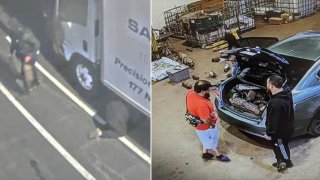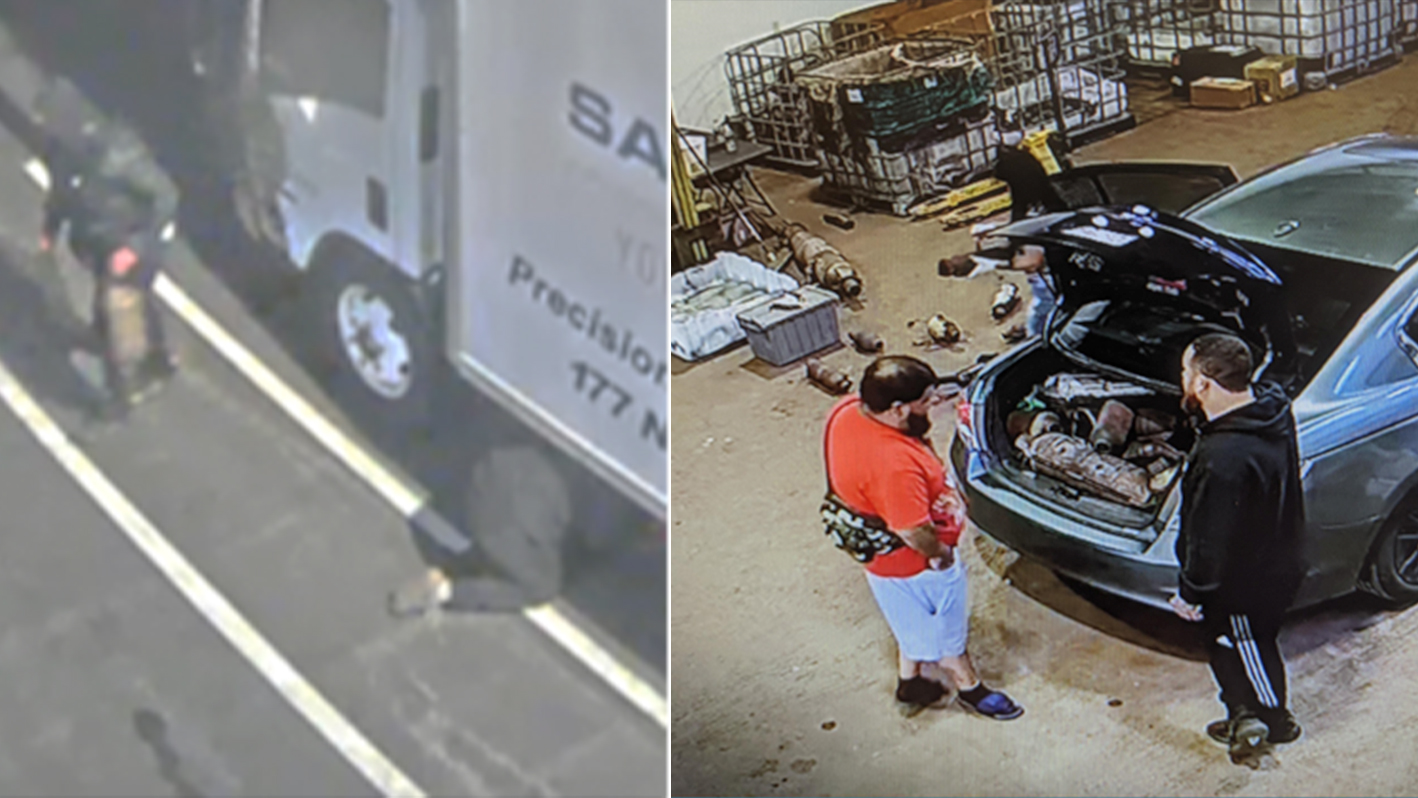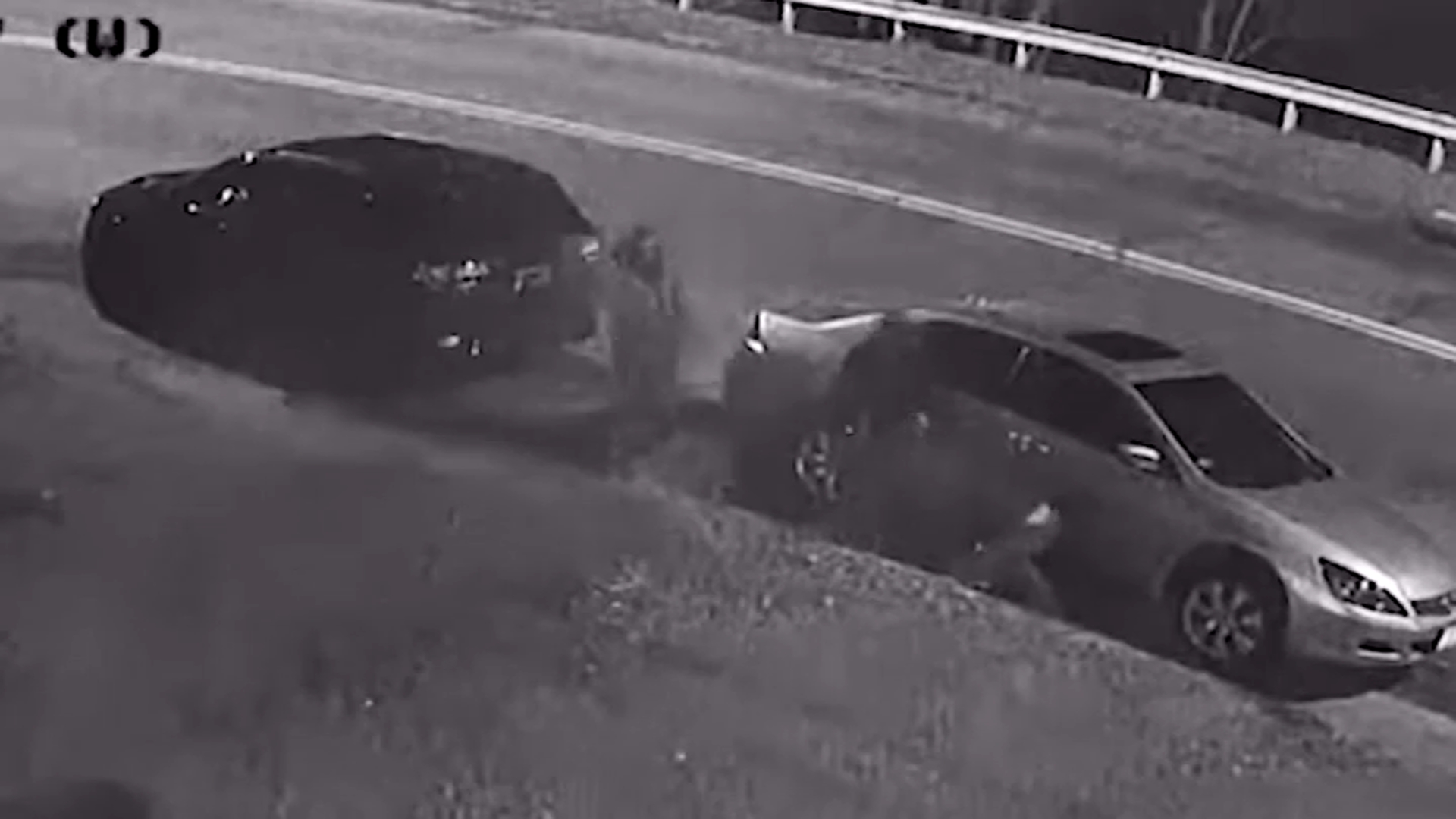
The ringleader of a group that appears to have been responsible for most of the catalytic converter thefts in the Greater Boston area in the last few years has pleaded guilty, federal prosecutors said Wednesday.
Rafael Davila, also known as "Robbin Hood," pleaded guilty in federal court in Boston Tuesday to charges including transporting stolen property across state lines, bank theft and conspiracy, according to the U.S. Attorney's Office for Massachusetts.
The plea was entered just over a year after Davila and six others were arrested on suspicion of stealing the valuable car parts from more than 470 vehicles, causing about $2 million in losses for the vehicles' owners, as well as stealing ATMs and from jewelry stores.
Catalytic converter theft has become a major issue in the region and across the country, but thefts in the Boston region have dropped precipitously since the bust, according to prosecutors. There were under 15 catalytic converter thefts reported in Massachusetts in the last 11 months, compared to hundreds in the nine months before the bust.
The other members of Davila's crew have previously pleaded guilty, and three have already been sentenced to more than three years in prison, according to prosecutors. Davila is due to be sentenced July 30.
More than 70 police departments, in Massachusetts, New Hampshire and Connecticut, contributed to the investigation by noting local thefts of catalytic converters, prosecutors said.
Led by Davila, from the Springfield suburb Feeding Hills, the thieves could jack up a vehicle and saw off its catalytic converter in as little as a minute, hitting more than 10 in one night on multiple occasions and, on one night, a total of 26, prosecutors have said.
Catalytic converters are found on the underside of cars, and are commonly targeted by thieves because of the valuable metals they contain, such as platinum, which can be resold. Replacing them and repairing the damage to the car costs thousands.
Investigators began to tie together catalytic converter thefts in Massachusetts and New Hampshire because a maroon-colored Acura was spotted in the area. At least two people would quickly cut out the converter from under the vehicle, put it in the Acura's trunk and leave, prosecutors said.
The car was found to belong to Davila, prosecutors said, calling him a full-time thief working up to eight hours per night. He allegedly kept detailed notes on where and when his crew worked and what kinds of vehicles they stole from.
The group then sold the stolen converters to Jose Torres, a 37-year-old from Springfield, who sold them to the tune of $30,000-$80,000 per week to scrappers in Connecticut, Rhode Island, New York and New Jersey, prosecutors said.
Hundreds of Massachusetts and New Hampshire catalytic converter thefts over the year leading to the bust were directly connected to the ring, though the crew might have been responsible for more catalytic converter thefts that weren't reported or noticed.



